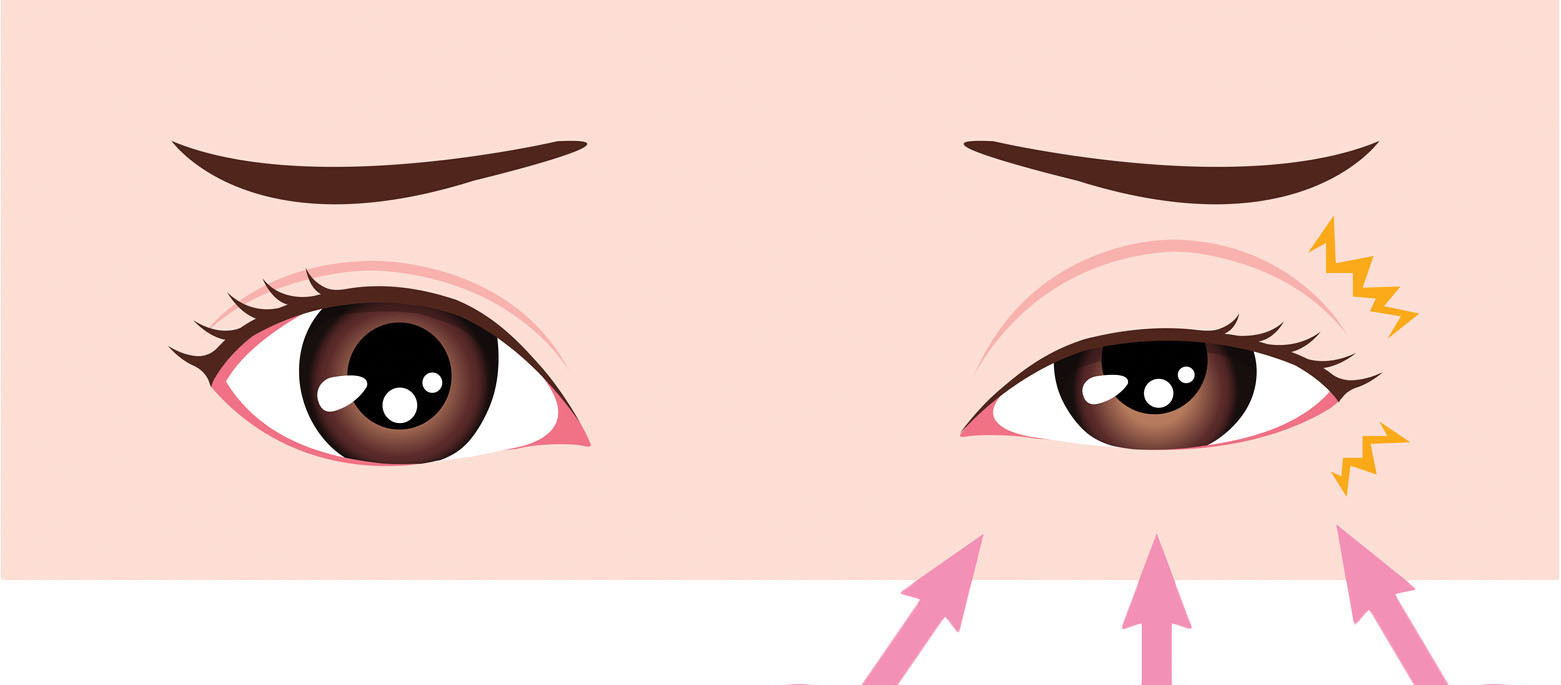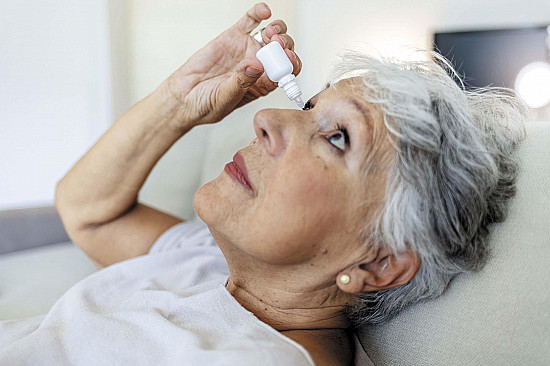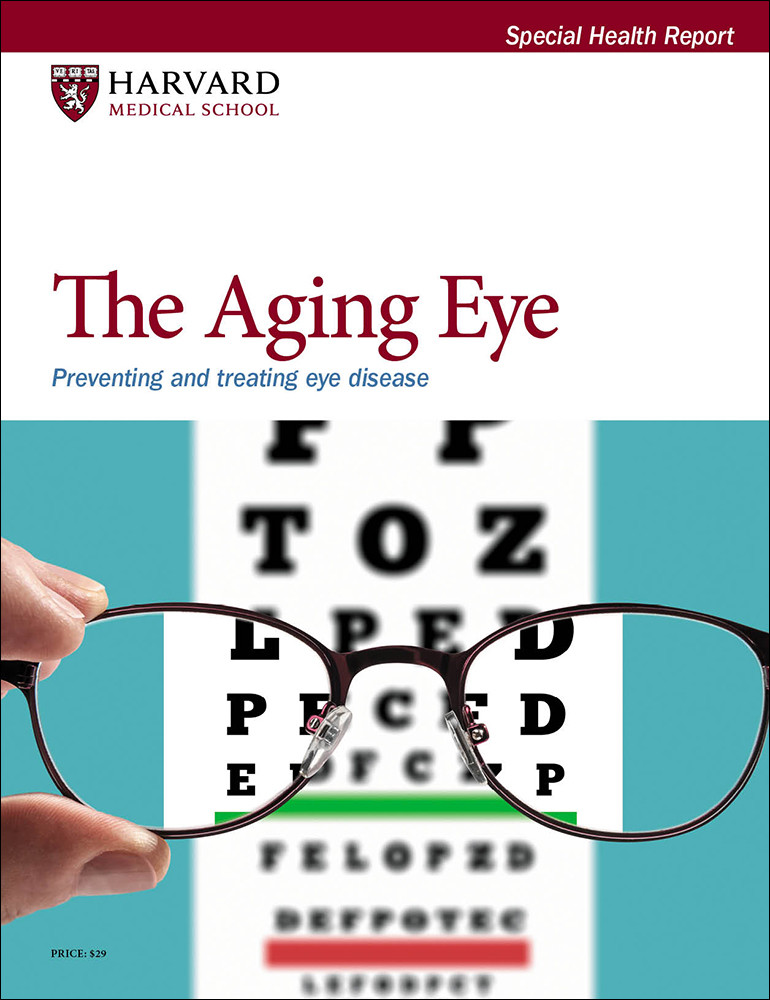Why does my eyelid twitch?
Ask the doctors

Q. Sometimes my eyelid spasms without any obvious reason. Why does this happen?
A. Don't be alarmed. Almost everyone experiences eye twitches — uncontrollable movements in the upper or lower eyelid — at some point. These tiny muscle spasms don't hurt, and they tend to go away on their own. But when they happen, it's typically a signal of minor physical or mental stress. Twitch triggers can include
- feeling tired
- consuming caffeine
- feeling anxious or irritated
- drinking alcohol
- smoking
- looking at bright lights.
Sometimes the effects of stress pile up all at once — such as when a work deadline causes you to lose sleep — and bam, your eyelid dances to an unheard drummer. If you're really bothered by it, you can usually help calm a twitchy eye with a warm compress, a good night's sleep, or a stress-busting activity such as exercise. You can also cut back on alcohol, quit smoking, and wear sunglasses when you're exposed to bright light.
Very rarely, eye twitching signals a condition such as Parkinson's disease, Bell's palsy, or multiple sclerosis. If one or both eyes close involuntarily with each spasm, or if other muscles in your face seem to be involved, see your doctor.
Image: © Barks_japan/Getty Images
About the Authors

Toni Golen, MD, Editor in Chief, Harvard Women's Health Watch; Editorial Advisory Board Member, Harvard Health Publishing; Contributor

Hope Ricciotti, MD, Editor at Large, Harvard Women's Health Watch
Disclaimer:
As a service to our readers, Harvard Health Publishing provides access to our library of archived content. Please note the date of last review or update on all articles.
No content on this site, regardless of date, should ever be used as a substitute for direct medical advice from your doctor or other qualified clinician.
















